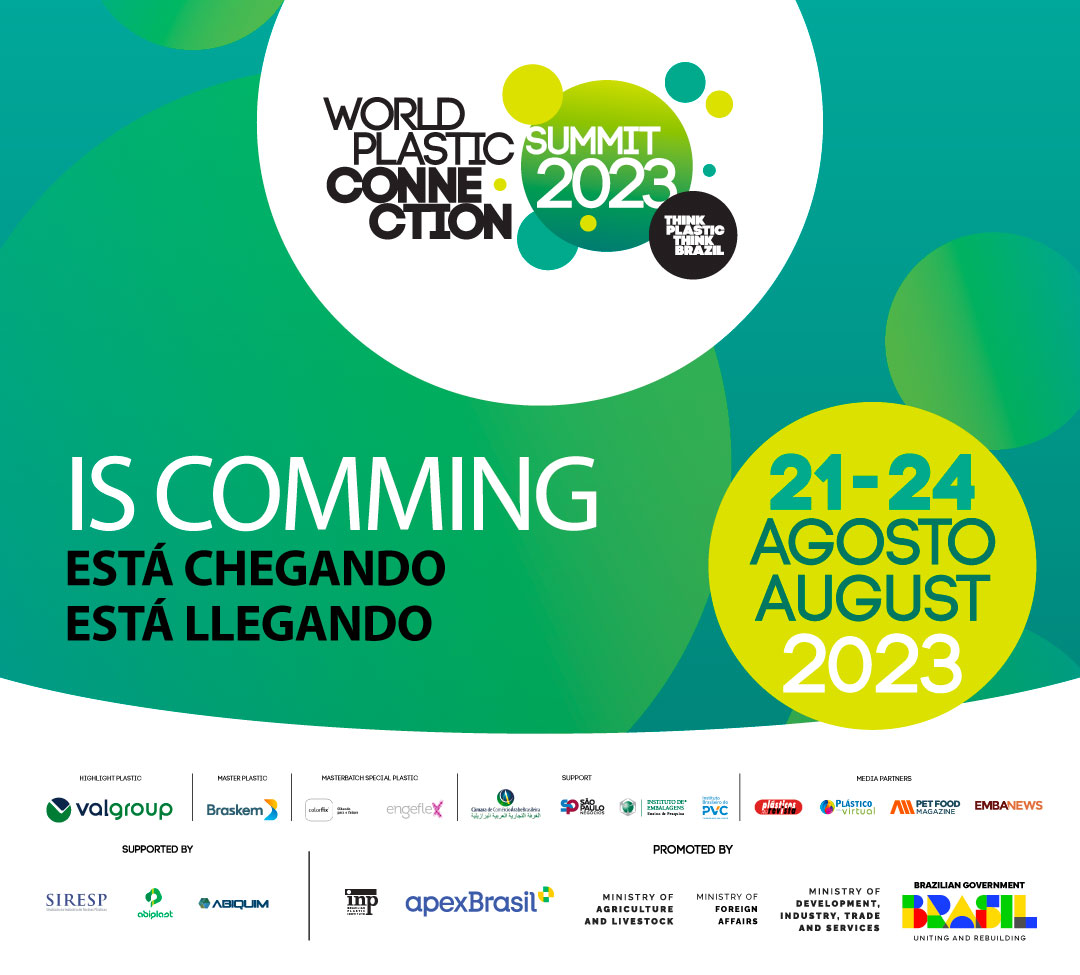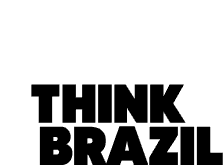Braskem, in a partnership with Tampinha Legal (nice cap) program, and Martiplast, launched the Cultivar line, from
‘Tampinha Legal’ program starts the Project with the logistics of plastic caps use in bottles and destining them to recycling. The already separated material passes by the recycler, which streamlines its return to the production chain as raw material, reaching the transformer that produces the pot. The final product, traded by
According to Tampinha Legal coordinator Simara Souza, the program proposes actions to change mass behavior intended to encourage correct destination of plastic materials. “With this partnership, we can observe circular economy in practice. We want people to see the wonders we can create with the caps and understand the relevance of their attitudes of making plastics return to the industry, a benefit for all”, she says.
Fabiana Quiroga, Braskem’s Circular Economy and Recycling director, explains that the company seeks to encourage the sustainable cycle of plastic products by means of partnerships like this one, uniting industry, brand owners and society in favor of the structuring of the recycling chain as a whole. “We are very pleased with this launching, we support Tampinha Legal for some years and
According to Vinicius Martini,
About
Creating new products for the new life styles. That is what Ou does for over two decades, creating utensils that make home routine more beautiful, practical and full of life.
www.facebook.com/ouoficial
www.instagram.com/ouoficial
www.ou.com.br
About Tampinha Legal
Tampinha Legal is the largest socio-environmental program with educational character in the Latin American plastic transformation industry. An initiative by SustenPlást Institute, it seeks to improve the market appreciation of the material. It will soon reach R$ 500 thousand (five hundred thousand reais) destined to participating charity organizations. These amounts come from the material recycling. It has recently launched the actions Copinho Legal and Canudinho Legal (Nice Cup and Nice Straw), which, following Tampinha Legal model, allocates the resources obtained with the sale of plastic cups and straws to charity entities registered in the program. In addition to the site, one can also follow Tampinha Legal works on social networks like YouTube and Facebook.
 Home
Home 
